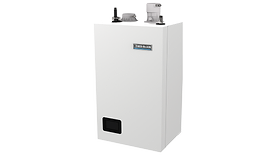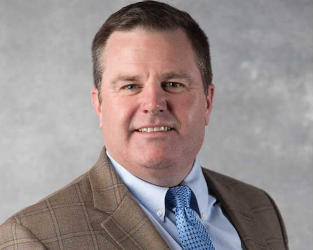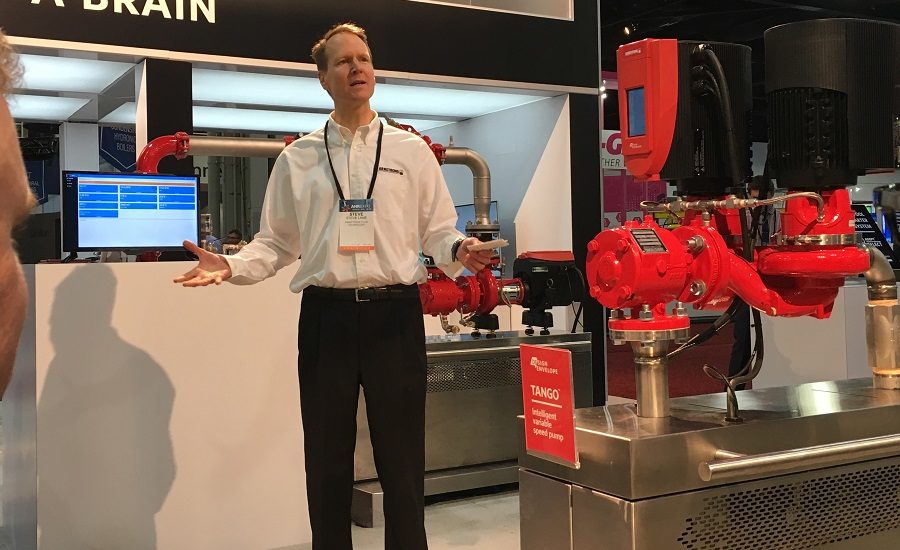Home » Keywords: » boiler
Items Tagged with 'boiler'
ARTICLES
This package will support a major plant expansion for a beef packing factory.
Read More
Burnham Holdings, Inc. announces subsidiary divestiture plan
This strategic shift was made to strengthen the company's core boiler business and expand commercial service capabilities.
May 6, 2025
Top 10 of 2022: The most-read articles on Plumbing & Mechanical
As 2022 draws to a close, we revisit the articles which caught the attention of our readers the most.
December 26, 2022
Propane-powered appliances offer energy efficient option for residential, commercial spaces
Educate your customers about propane reliability and versatility.
December 15, 2022
Dan Holohan: The geography of auto-feeders on steam
Auto-feeders — yay or nay?
December 1, 2022
John Siegenthaler: Geothermal pipe passages
Bringing earth loop piping through poured concrete.
November 30, 2022
EVENTS
Industry
4/10/14
Portland
Portland, ME
United States
Workshop: Hydronics for High Efficiency Wood-fired and Pellet-fired Boilers
IMAGE GALLERIES
AHR Expo 2019
The annual HVAC convention gathered from Jan. 14-16 at the Georgia World Congress Center, attracting thousands of attendees and exhibitors from across the globe to two large convention halls.
January 21, 2019
Keep your content unclogged with our newsletters!
Stay in the know on the latest plumbing & piping industry trends.
JOIN TODAY!Copyright ©2025. All Rights Reserved BNP Media.
Design, CMS, Hosting & Web Development :: ePublishing













